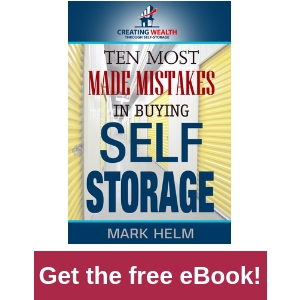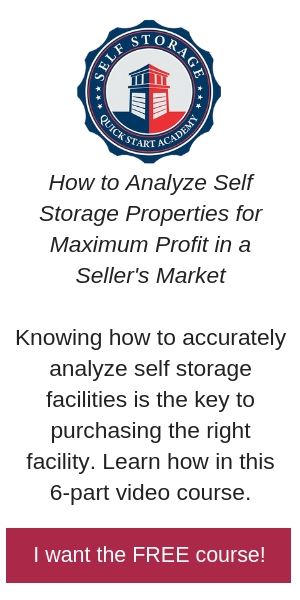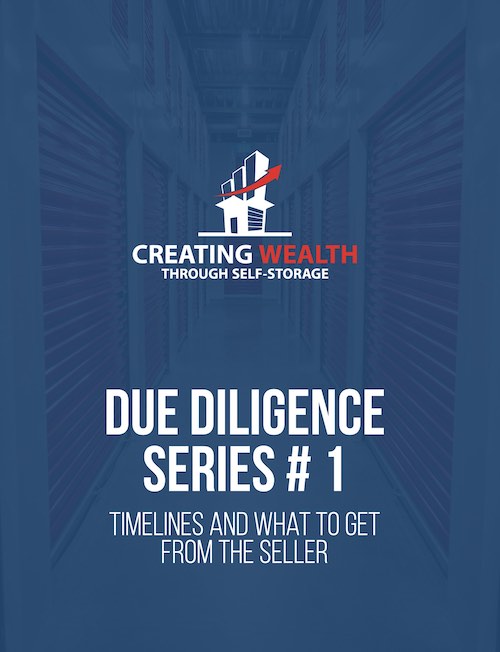
I’ve made many mistakes in my self-storage career, but one of the biggest came early on when I purchased an existing facility that included a record storage business.
Let me share what it is so you don’t do the same thing.
**Online Courses at The Quickstart Academy**
https://TheQuickStartAcademy.com/
**Listen on Apple Podcasts**
https://podcasts.apple.com/us/podcast/creating-wealth-through-self-storage/id1588425875
** 5 KPIs we measure**
https://creatingwealththroughselfstorage.lpages.co/top-5-kpi-ebook/
**My blog**
**Facebook**
https://www.facebook.com/markhelmselfstorage/
**Twitter**
**The Storage World Analyzer**
http://storageworldanalyzer.com/
**The QuickStart Academy Store**
https://quick-start-academy.myshopify.com


